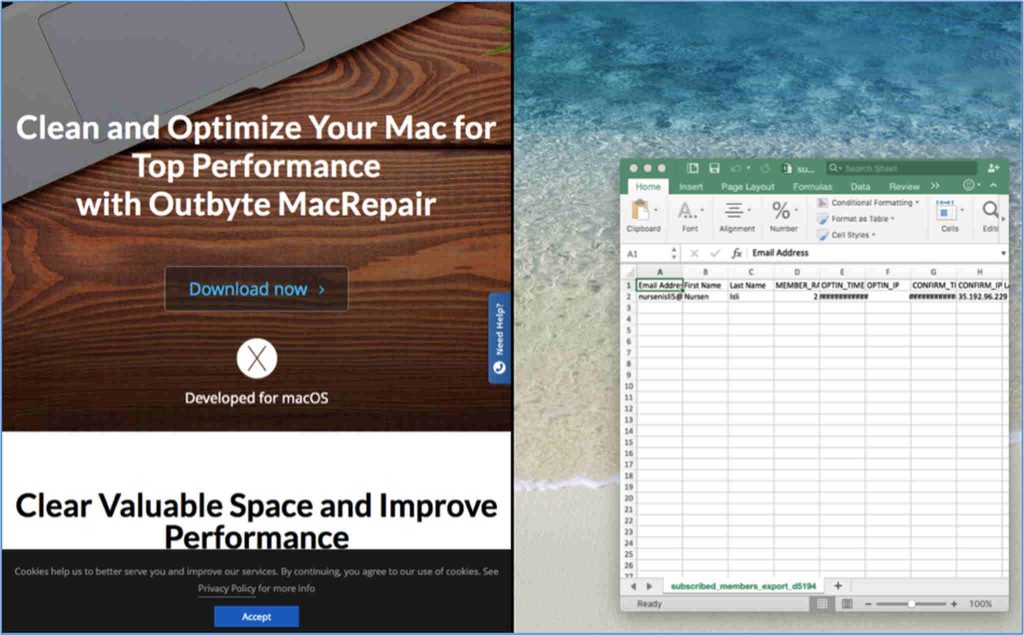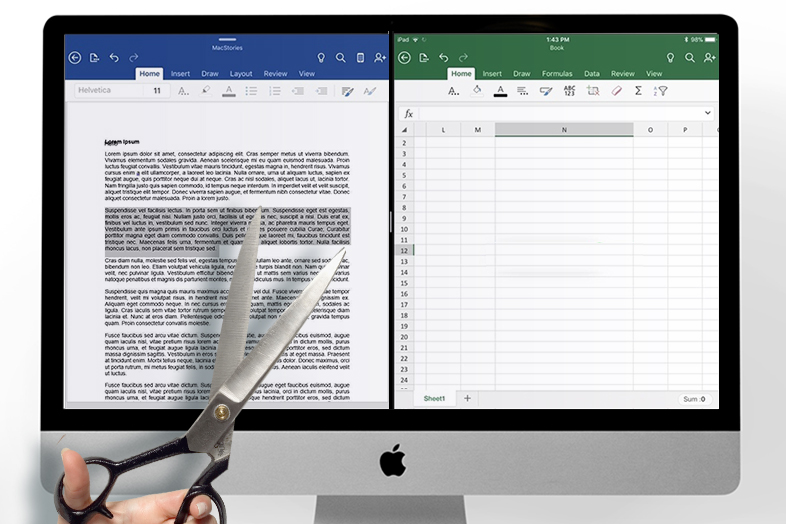
An art or music creation app can place palettes on a second screen. With this API, a presentation app can show slides on one screen and speaker notes on another. The Multi-Screen Window Placement API allows you to place windows on any display connected to your machine, store that placement, and make a window full-screen on any display. This is fine for some sites, but creates dependency problems for sites that gather content from users (Google Earth, social media generally, forums, etc.). It is functional and solid, but turns out to be difficult to deploy at scale, as it requires all subresources to explicitly opt-in. Today, COEP: require-corp exists, and is used to enable cross-origin isolation.

Sites that wish to continue using SharedArrayBuffer must opt-in to cross-origin isolation. Similarly to COEP: require-corp, it can enable cross-origin isolation. New Origin Trials Cross-Origin-Embedder-Policy: credentiallessĬross-origin no-CORS requests can now be made to omit credentials (cookies, client certificates, etc.) using the credentialless keyword. To learn more, see the Microsoft Edge Origin Trials Developer Console. Microsoft Edge runs its own origin trials separate from Chrome. To learn more about origin trials in Chrome, visit the Origin Trials Guide for Web Developers. To register for any of the origin trials currently supported in Chrome, including the ones described below, visit the Chrome Origin Trials dashboard. Origin trials allow you to try new features and give feedback on usability, practicality, and effectiveness to the web standards community. This version of Chrome introduces the origin trials described below.

Learn more about the features listed here through the provided links or from the list on.
#MAC SPLIT SCREEN WITH CHROME ANDROID#
Unless otherwise noted, changes described below apply to the newest Chrome beta channel release for Android, Android WebView, Chrome OS, Linux, macOS, and Windows.


 0 kommentar(er)
0 kommentar(er)
